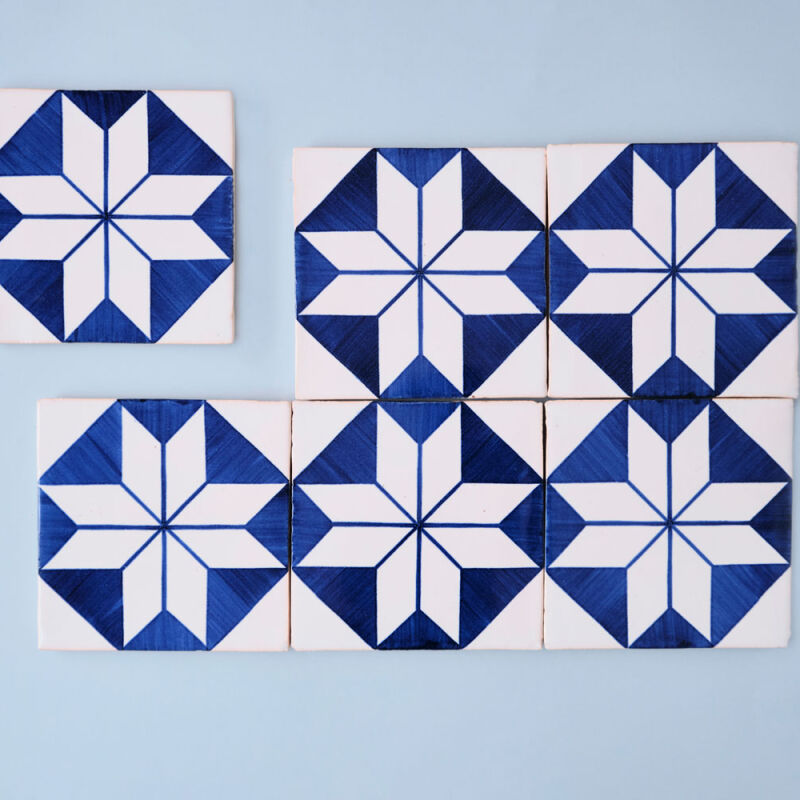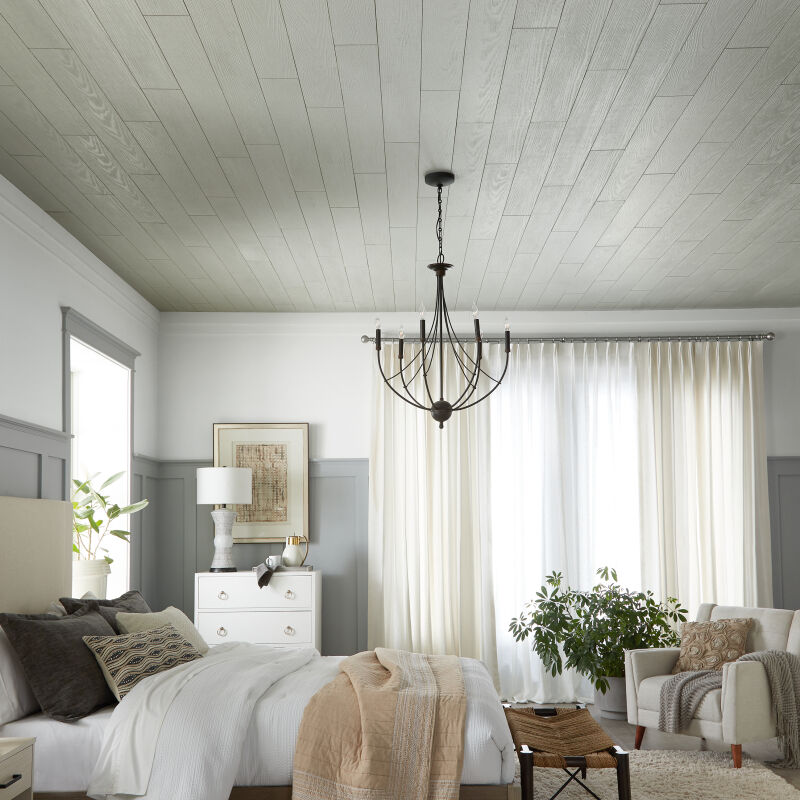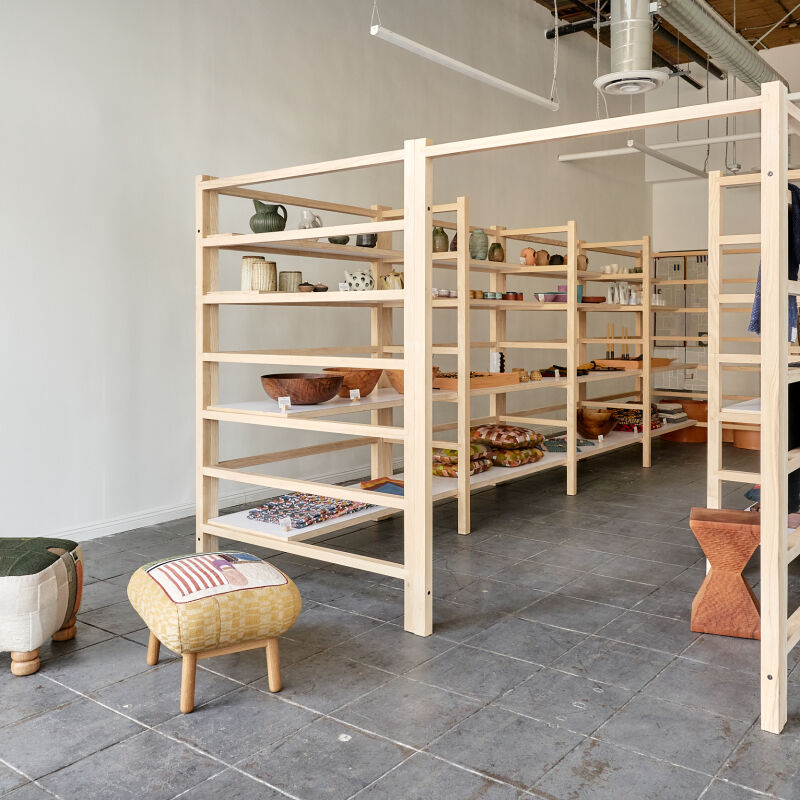Aerende (pronounced a-ren-day) is a new housewares brand in the UK. The launch collection includes hand-carved chopping boards and wooden spoons, neutral, organic linens, luxury handmade soaps, macramé plant hangers, embroidered cushions, simple ceramic tableware, and more.
But what sets this brand apart? The clue is in the name, which is Old English for “care.”
Founder (and ex-travel editor) Emily Mathieson explains: “The products have to be made by people who don’t have a normal route to selling their goods, and they have to be items I’d want in my own home.” The goods Mathieson sells have each been handcrafted by adults facing social challenges. The soaps, for instance, are made by visually impaired people; the cushions are embroidered by male prisoners; and the linen hand-finished by female refugees.
Photography and styling by Anna & Tam.
Above: Mathieson runs the online shop from her home in St Alban’s, Hertfordshire, where she lives with her husband and their two young children. On display throughout their home are examples of the products that she has—using her journalistic skills—sourced from social enterprises across the UK.
In the kitchen the chopping boards, from £26 ($31), and wooden spoons, from £17 ($21), are from Fruitful Woods in Edinburgh, a social enterprise for people with mental illnesses. The linen napkin, £9.50 ($12), is stitched by female refugees seeking social integration in the UK. The black poppy and wild fig handwash and lotion £12 ($15) each are sourced from The Soap Co. and produced in a factory that has been adapted for visually impaired people.
Above: It takes one male prisoner around 100 hours to embroider the chevron cushion seen above (£125/$154; also available in gray). The inmates are taught by volunteers from the Embroiderers & Quilters Guild as part of the social enterprise Fine Cell Work (glimped on the wall are two framed examples of Mathieson’s husband’s A-level art work).
Above: Resting on the piano in the front room is a limited-edition screen print (£35/$43) created by The Woodsman, a homeless father of three from London who is “taking a break from conventional life and has been living in the woods on and off since March 2015.” One of a pair, the abstract images were created as pen and ink drawings and then screen-printed in sets of 15 by Jealous Gallery in London.
Above: Disillusioned with luxury travel, Mathieson had “a eureka moment” after buying this handwoven willow basket, made by adults with learning difficulties, at a local craft fair. The baskets are now available through Aerende, from £35 ($43). The leather and jute house shoes will also soon be available.
Above: The porcelain tealight holders, £18 ($22) each, on the bedside table come in three patterns (spots, feathers, and chicken) and have been hand-shaped by a creative arts community interest company for people with mental health issues.
Above: In the bathroom, the jute macramé plant hanger, £24 ($30), was made by women supported by FabricWorks in London. The makers are women who have been trafficked, or who don’t speak any English.
Above: The products are hand-wrapped in compostable packaging at the kitchen table, often with the help of Mathieson’s children. “I’m interested in the greater goals of beauty, the impact your surroundings and day-to-day objects have on your well-being,” explains Mathieson. “That’s something I try to embrace in my house, as well as the business.”
See more:
- A New Emporium Devoted to Tried and True
- Beauty + Utility: Rustic Storage at Baileys Home and Garden
- New on Main Street: Housefolk Opens in East Hampton













Have a Question or Comment About This Post?
Join the conversation